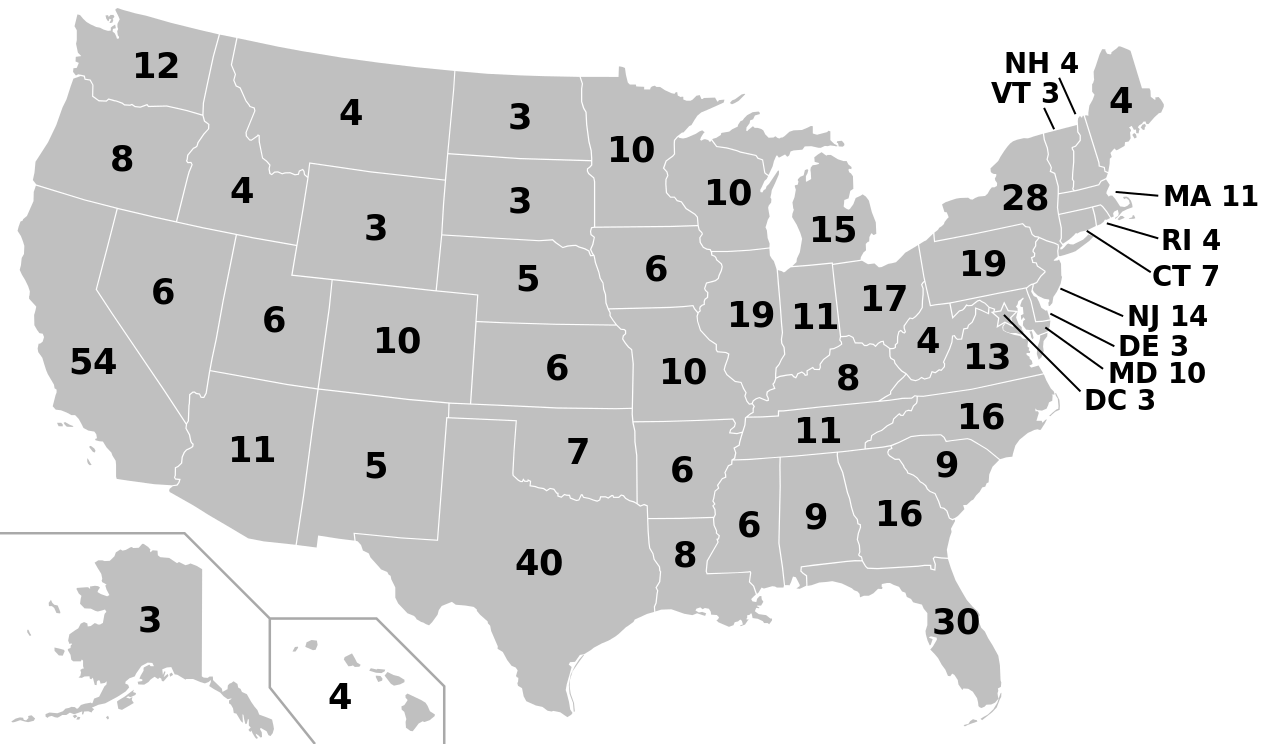In a recent development, the United Auto Workers (UAW) union, under the leadership of President Shawn Fain, has decided to extend strikes to two major U.S. assembly plants belonging to General Motors (GM) and Ford Motor. These targeted strikes, which will commence at noon ET, will focus on Ford’s Chicago Assembly Plant in Illinois, responsible for producing Ford Explorer and Lincoln Aviator SUVs, and GM’s Lansing Delta Township plant in mid-Michigan, producing the Buick Enclave and Chevrolet Traverse crossovers. However, Stellantis, the parent company of Chrysler, has been spared from these additional strikes due to significant progress made in recent negotiations, particularly concerning issues related to cost-of-living allowances, picket line rights, and product commitments.
Approximately 6,900 autoworkers will join the ongoing wave of work stoppages, adding to the 18,300 workers currently on strike. This brings the total number of striking employees to around 25,200, constituting approximately 17% of UAW members covered by expired contracts with the Detroit automakers. Fain emphasized the necessity of these strikes to restore the balance of power between workers and corporations, referencing several other UAW strikes apart from those involving the Detroit automakers.
Despite these actions, GM expressed disappointment in not receiving a comprehensive counteroffer from the union leadership regarding a contract proposal made the previous week. Gerald Johnson, GM’s head of global manufacturing, criticized the union’s approach, stating that the increasing number of people affected by the strikes includes loyal customers of the products GM manufactures. Similarly, Stellantis acknowledged progress in negotiations but mentioned existing gaps, reiterating its commitment to resolving these issues promptly and reaching a fair agreement.
Ford CEO Jim Farley criticized the UAW’s additional strikes, particularly highlighting the union’s focus on battery plants and characterizing the move as irresponsible. He also accused the union of premeditated actions and insinuated that reaching a deal before the September 14 deadline might not have been their genuine intention. In response, Fain defended the union’s actions, stating that Farley had not been actively involved in the negotiations and accused him of misinformation.
These recent strikes follow a similar expansion a week ago, where the UAW initially initiated work stoppages on September 15 at three assembly plants—one for each of the Detroit automakers. Last week, the union extended its strikes to 38 parts and distribution locations operated by GM and Stellantis, sparing Ford at that time due to reported progress in negotiations. UAW leaders have chosen a targeted approach with specific plant strikes instead of nationwide walkouts, labeling these actions as “stand-up strikes,” reminiscent of the historic “sit-down” strikes of the 1930s. This strategy aims to keep automakers uneasy and competitive, encouraging them to vie against one another for better contract terms.
Leaked private messages involving the UAW’s communications director shed light on the union’s strategy to cause “recurring reputational damage and operational chaos” for the companies. This approach, designed to keep the pressure on the corporations, has faced criticism from the automakers.
The UAW’s decision to expand strikes at GM and Ford plants, sparing Stellantis for the time being, reflects the ongoing tensions and complexities in the negotiations between the union and the Detroit automakers. As the strikes continue, the automotive industry and its stakeholders anxiously await resolution, hoping for a fair and balanced agreement that benefits both workers and corporations alike.









Leave a Reply